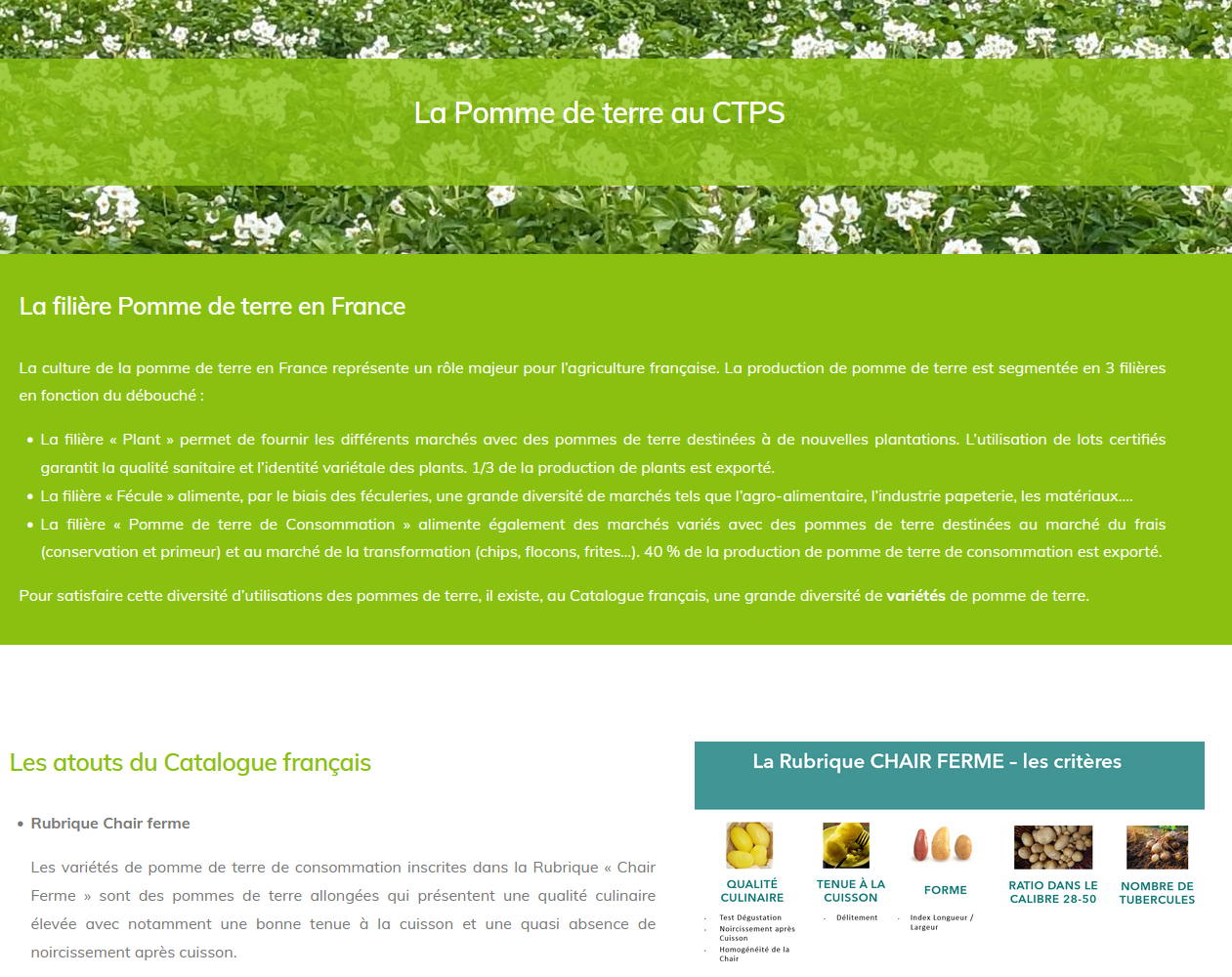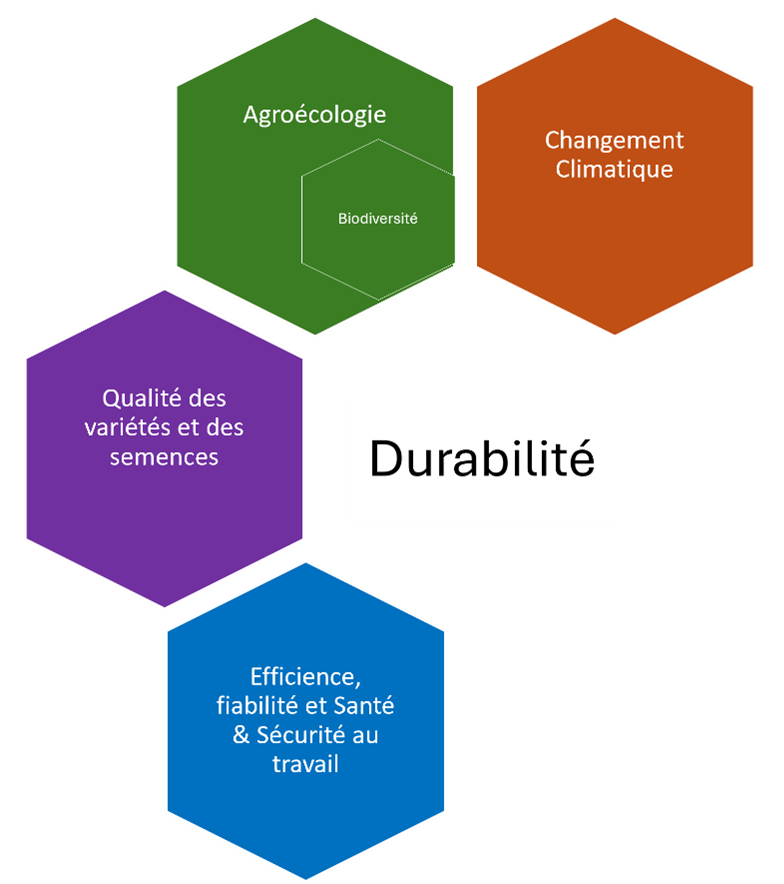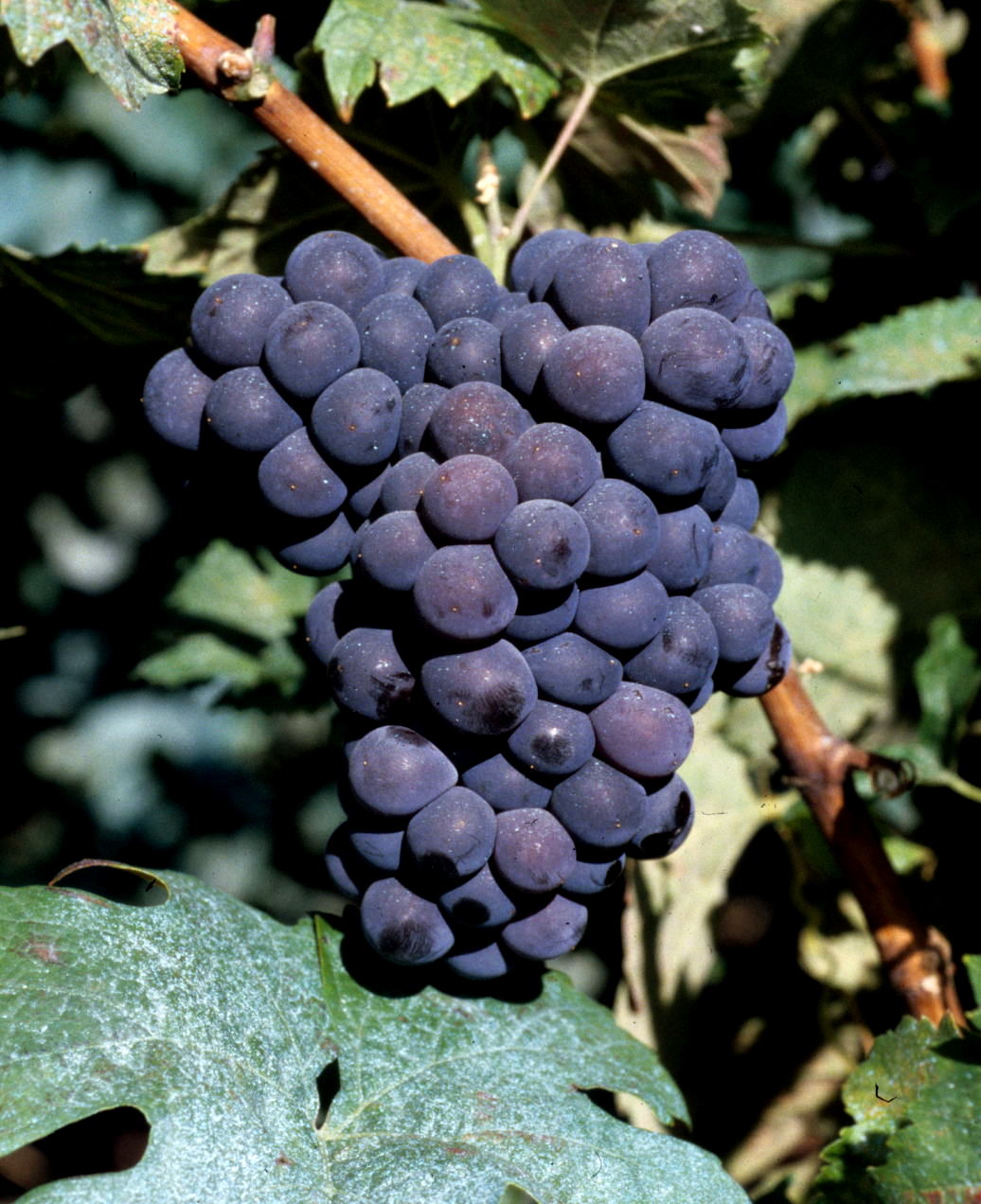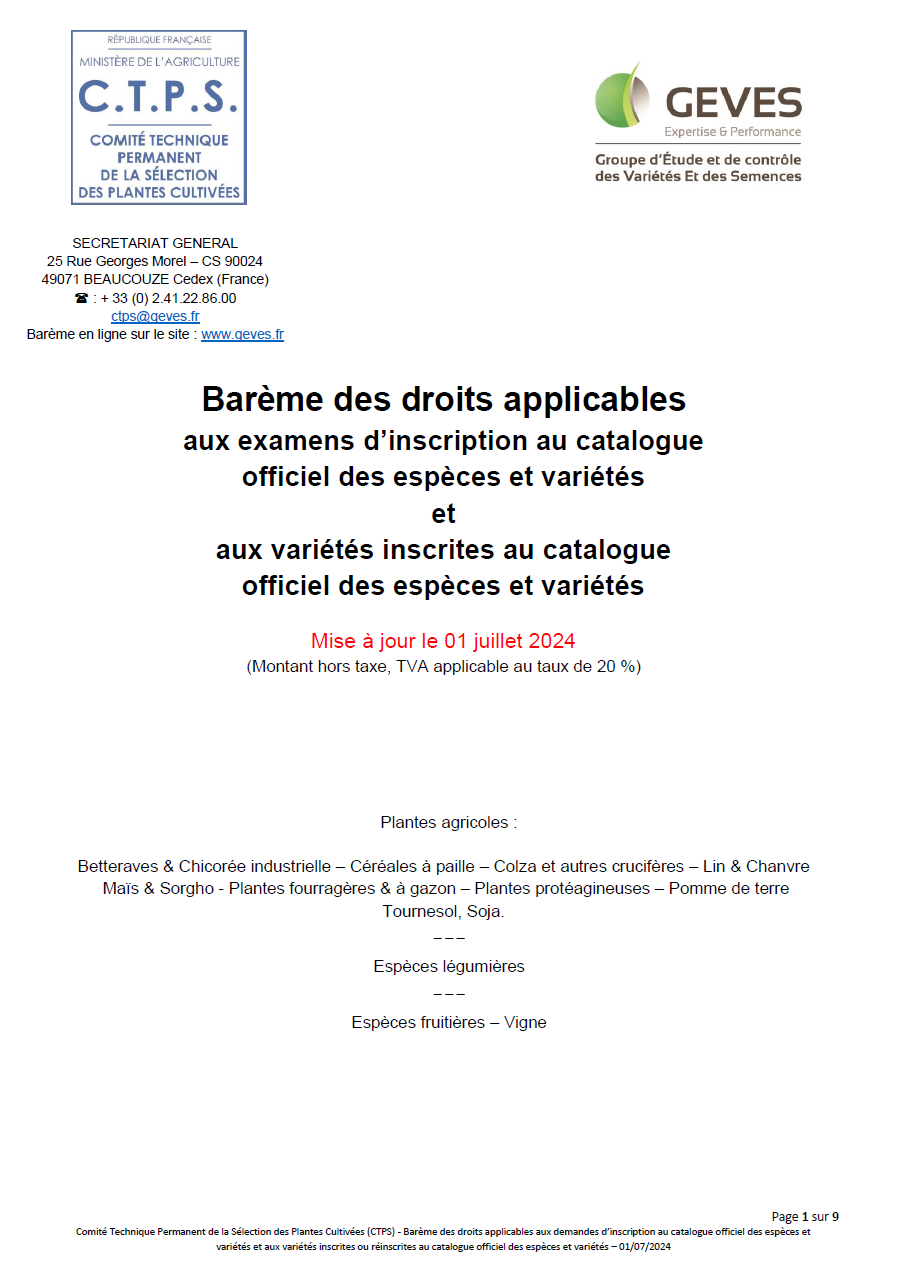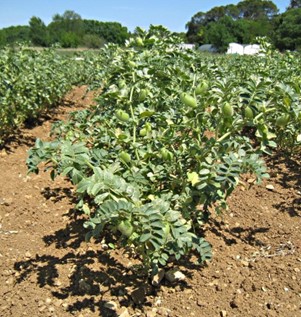
From the CTPS section Protein crops
At its meeting on 8 November 2023, the CTPS Protein Plant Section proposed the registration in the official Catalogue of 24 new varieties, including 5 winter faba bean varieties, 5 spring faba bean varieties, 3 of which have a low vicine / convicine rate, 6 winter pea varieties including 2 Hr, 6 spring pea varieties including 1 in the “breaker use” section, 1 coral grain lentil variety and 1 Desi chickpea variety, the first to pass the new VCUS test introduced 2 years ago.
Ongoing trials to assess tolerance to Aphanomyces (Aphanomyces euteiches) and viruses (Pea-Seed born Mosaic Virus) were presented.
The addition of 2 organic agriculture trials to the winter bean network was approved. Lastly, the application for registration on list C of the pea variety “Pois Blond de la Planèze”, a variety historically grown on the Planèze basalt plateau in the Cantal region, was submitted.
Among the main VCUS news items discussed, progress was welcomed about tolerance to Aphanomyces (Aphanomyces euteiches), with 6 new spring pea varieties claiming good behaviour to this pathogen being tested in the GSP’s multilocal network in contaminated areas. 2 systems were used to carry out this study, including:
- a network of multilocational field trials at 4 sites, with one model in healthy plots and one in heavily contaminated plots, and
- a test under controlled conditions. Of the 6 cultivars studied, 4 showed significant levels of partial resistance, including 2 with both a good level of intrinsic and field resistance. This special experiment will be repeated in 2024.
Progress has also been made in terms of resistance to viruses, with the registration of a spring pea line declared resistant to Pea-Seed born Mosaic Virus (PSbMV). A special experiment was set up to confirm the resistance of this line and to assess the benefit, in terms of yield and harvest quality, of this resistance under conditions of infection by PSbMV. 3 systems were used to carry out this study, including :
- a 2-site nursery set-up with late sowing, set up as part of a research project on pea resistance to aphids and virus diseases,
- a dedicated 4-site trial network without insecticide protection with a Latin square set-up and
- a test under controlled conditions carried out by mechanical inoculation (by rubbing) on pea plants, a test developed by Terres Univia based on an adaptation of the method described by Scegura (2017).
Experiments carried out in the field (nurseries and trials) revealed the systematic absence of PSbMV in the line under study, whereas this virus was detected in the controls. The test under controlled conditions confirmed this good behaviour, with evidence of total resistance to PSbMV. However, the yield trials carried out by the dedicated network were unable to demonstrate the benefits of resistance in terms of yield and quality at harvest, probably because the infection occurred too late. This special trial will also be repeated in 2024.
In addition, in view of the organic acreage in winter beans and in order to monitor farming practices and initiate the collection of information as part of a continuum process (registration/post-registration), the Section has decided to add 2 organic agriculture trials to the winter bean network this season. The calculations will initially be presented according to different scenarios, with and without integration of the organic agriculture trials, thus providing a complete and nuanced view of the results obtained.
Lastly, in response to the application for registration of the pea variety “Pois Blond de la Planèze” in List C of the Catalogue, the Section approved the setting up of a group of experts to analyse the admissibility of this application. This variety, which has never been described in detail, had historically flourished on the Planèze plateau in the Cantal region. Harvested as a dry grain, this pea was used for both human and animal consumption. The fact that it was easy to preserve was an advantage, especially when the basaltic plateau was covered in snow at altitudes of over 1,000 metres. Today, the pea is once again of interest, mainly as a product for human consumption, and has even won recognition from top chefs.

